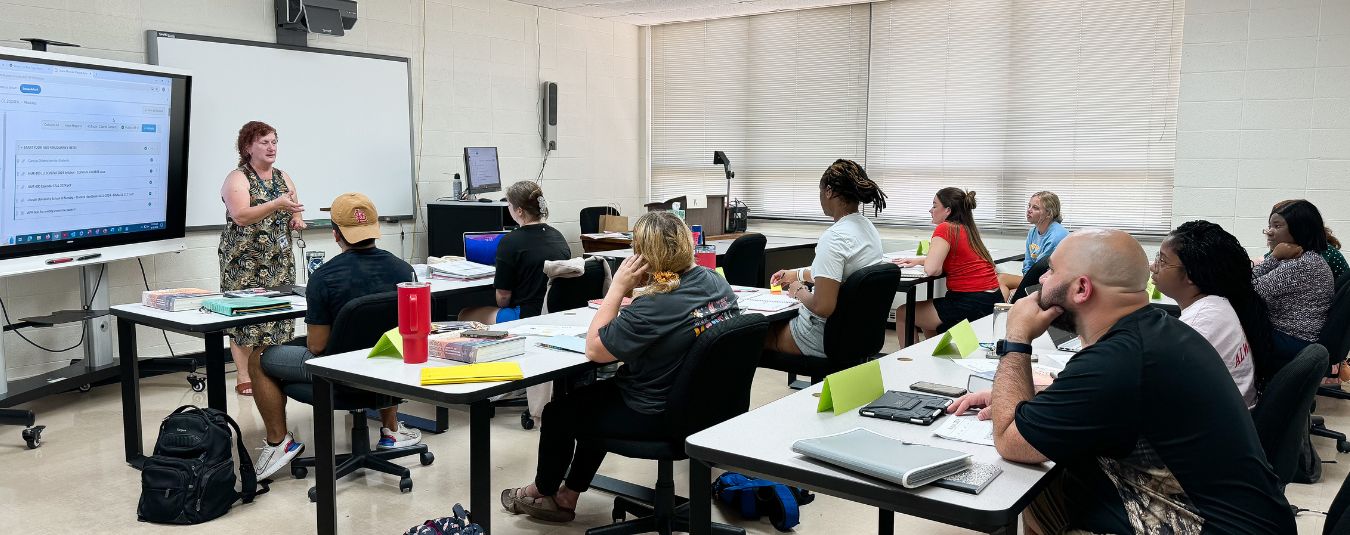Master of Arts in Sociology/Criminal Justice

Transform Justice Through Sociology: Earn Your MA in Sociology/Criminal Justice at Lincoln University of Missouri
Students successfully completing the M.A. in Sociology/Criminal Justice degree program will:
- Demonstrate an advanced understanding of sociological paradigms, theories, and concepts as they relate to criminal justice, programs, institutions, and practices.
- Demonstrate an understanding of the research process, including data collection and analysis.
- Be prepared to pursue and secure further graduate training or public sector/private sector employment.
- Candidates must meet the admission requirements of Lincoln University’s Graduate Studies Program.
- Candidates may be accepted conditionally with a Graduate Record Examination (GRE) with a verbal score of 143 and a quantitative score of 133, plus a review of writing after one (1) semester. May be accepted unconditionally after writing ability is demonstrated. This applies to all students, including graduates of Lincoln University with undergraduate degrees in Sociology or Criminal Justice.
- Candidates may be considered based on the strength of their recommendation letters, (preferably from faculty member’s applicant has worked with) and the strength of the written statement of purpose.
- A minimum of 9 hours of undergraduate work in Sociology or Criminal Justice plus at least 6 hours in upper division social science courses (300 and 400 level) are prerequisites for admission.
- In addition to the 9 hours, all M.A. candidates must have a general Introduction to Sociology class on their transcript. This course is required, candidates may be admitted conditionally until this requirement is satisfied.
- No more than one (1) “C” grade may be counted toward the M.A. in Sociology/Criminal Justice degree. Students who earn a “C” in a course have one (and only one) opportunity to retake that course and raise the grade.
- 33 units are required for the degree. Required courses cannot be substituted or waived.
- Candidates may choose to write a thesis & take 6 hours of thesis research OR candidates can select 2 additional 3 credit hour seminar classes in leu of a thesis.
- All M.A. candidates must pass a three-question comprehensive exam.
- Non-Thesis Option: A thesis is not required for the M.A. degree. Candidates who select the non-thesis option are required to take two additional (3 Credit Hour) seminar courses and complete a research paper in each course.
- Candidates must maintain a minimum of 3.0 GPA in the graduate program. A graduate student whose cumulative graduate GPA falls below 3.000 will be placed on academic probation. While on academic probation, a graduate student may not enroll in more than 6 credits per semester or summer session.
- Special Topics courses: Special topics courses may not be used to substitute for courses required in the master’s degree program. They may only be used to satisfy elective course requirements.
- 300 and 400 level courses cannot be applied to the graduate degree.
- Candidates receiving an incomplete in their thesis courses have a five-year deadline date to complete the thesis.
SOC 552 Data Analysis .................................................................................... 3
SOC 550 Research Methods ............................................................................ 3
SA 502 Sociological Theory or equivalent ........................................................ 3
3 hours of Criminal Justice courses
SOC 505 Criminology OR
SOC 506 Juvenile Delinquency ........................................................................ 3
HIS 582, Seminar in Missouri Corrections ....................................................... 3
6 credit hours of S/A Seminars
S/A 505, Seminar in Social Problems
S/A 507, Seminar in Criminal Justice) .............................................................. 6
Four additional (3 CR) Electives from Sociology, Sociology/Anthropology or Criminal Justice ............... 12
6 Thesis Hours OR Two (3 CR), research paper seminars in Criminal Justice ............................... 6
TOTAL ............................................................................................................ 33
